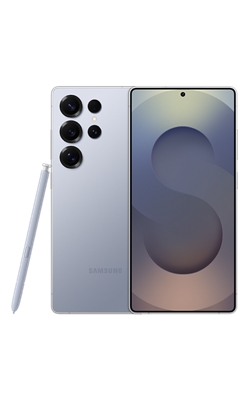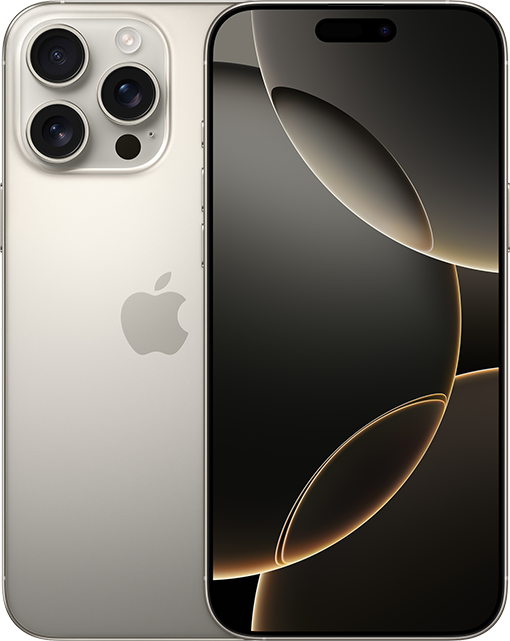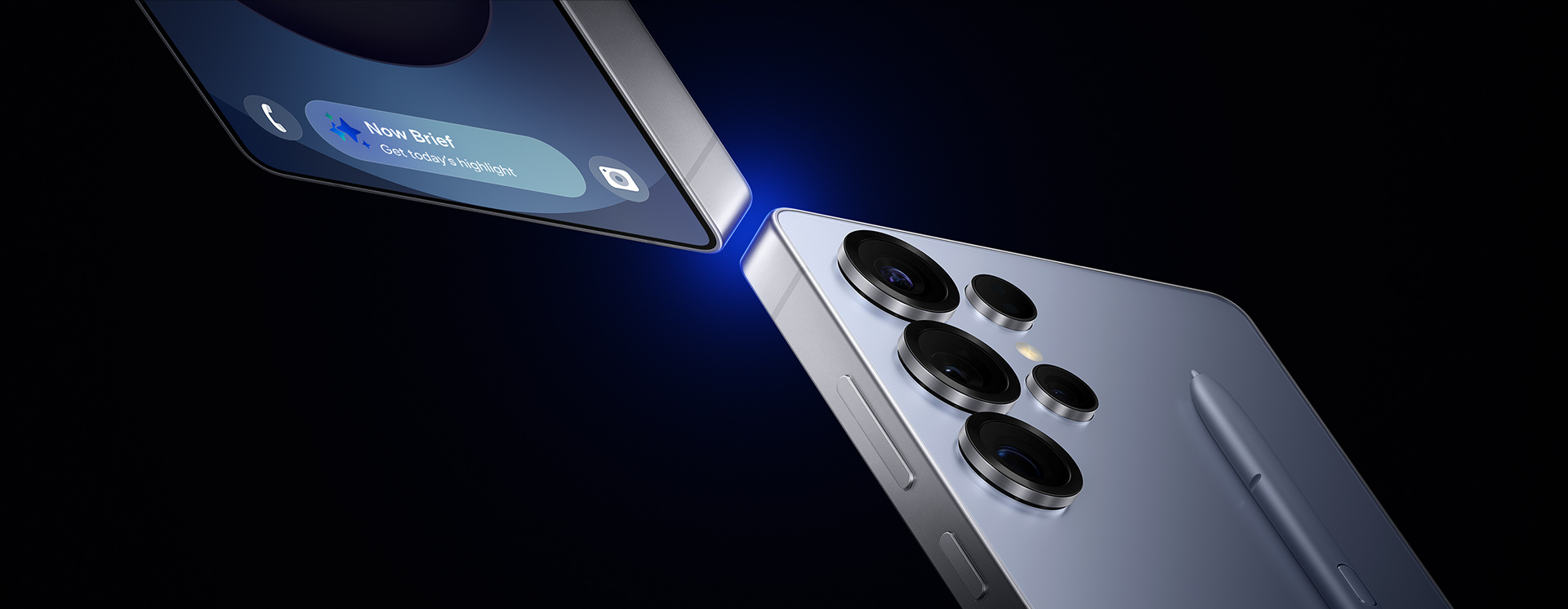Finding the right smartphone for your business needs can be a challenge with so many options available today. From budget-friendly Samsung Galaxy A series phones to premium devices like the Galaxy Z Fold6, businesses have various choices depending on their requirements and budget constraints. The Samsung Galaxy A53 stands out as the best budget business phone currently available, offering advanced cameras, a quality screen, and impressive battery life at an affordable price point.
For companies looking to equip their team with reliable devices, many organizations follow a tiered approach. Office staff might receive mid-range models like the iPhone 13, while field workers may be issued more economical options such as the iPhone SE. High-performing executives often benefit from premium business smartphones like the Samsung Galaxy Note 20 Ultra 5G or the innovative folding designs that enhance multitasking capabilities.
Best Cell Phone for Business
Choosing the right business phone is about more than just performance — you need security, battery life, multitasking power, and seamless integration with business tools. In 2025, several smartphones stand out for professionals.
1. Samsung Galaxy S25 Ultra – Best Overall for Business

- Why it’s great: A powerhouse with multitasking features and enterprise security.
- Key Features:
- 6.9” AMOLED display with S Pen support.
- Snapdragon 8 Elite processor for top performance.
- Samsung Knox security + secure folder.
- DeX mode → use as a desktop replacement.
- 5,500 mAh battery with fast + wireless charging.
- Best for: Executives, power users, and those who need a phone that doubles as a mobile workstation.
2. Apple iPhone 16 Pro Max – Best for Apple Ecosystem

- Why it’s great: Seamless integration with Mac, iPad, and Apple Watch.
- Key Features:
- A18 Pro chip with AI acceleration.
- iOS 18 with enhanced productivity tools.
- Industry-leading privacy and security.
- Face ID + passkeys for passwordless login.
- Excellent battery life and MagSafe charging.
- Best for: Businesses already using Apple hardware and services.
3. Google Pixel 9 Pro XL – Best for AI Productivity
- Why it’s great: AI-driven features make daily work faster.
- Key Features:
- Google Tensor G4 chip optimized for AI.
- Gemini AI integration for emails, meetings, and documents.
- Call screening and live transcription.
- Pure Android with 7 years of updates.
- Best for: Professionals who rely on Google Workspace (Docs, Gmail, Meet).
4. Samsung Galaxy Z Fold 6 – Best for Multitasking & Presentations
- Why it’s great: A foldable phone that transforms into a mini-tablet.
- Key Features:
- 7.6” inner display for multitasking.
- S Pen support for notes and presentations.
- Samsung DeX for desktop-like experience.
- Strong enterprise security.
- Best for: Consultants, creatives, and business travelers who need a phone + tablet in one.
5. OnePlus 13 Pro – Best for Speed & Value
- Why it’s great: Flagship performance at a lower cost than Apple/Samsung.
- Key Features:
- Snapdragon 8 Elite processor.
- OxygenOS with productivity features.
- 100W fast charging (full charge in ~20 minutes).
- Strong multitasking and RAM management.
- Best for: Entrepreneurs and small business owners who want flagship power without the highest price tag.
6. Fairphone 5 – Best for Sustainability & Ethical Business
- Why it’s great: Modular, repairable, and eco-conscious.
- Key Features:
- 5 years warranty + 8 years of software support.
- Replaceable battery and parts.
- Good performance for everyday business tasks.
- Focus on ethical sourcing and sustainability.
- Best for: Businesses that prioritize ESG (Environmental, Social, Governance) values.
Quick Comparison
| Phone | Best For | Security | Battery | Unique Feature |
|---|---|---|---|---|
| Samsung Galaxy S25 Ultra | Overall business use | Samsung Knox | 5,500 mAh | DeX desktop mode |
| iPhone 16 Pro Max | Apple ecosystem | iOS privacy | All-day | Seamless Apple integration |
| Google Pixel 9 Pro XL | AI productivity | 7 yrs updates | Strong | Gemini AI tools |
| Galaxy Z Fold 6 | Multitasking | Samsung Knox | All-day | Foldable design |
| OnePlus 13 Pro | Value & speed | OxygenOS security | Fast charging | 100W charging |
| Fairphone 5 | Sustainability | Long support | Replaceable | Modular design |
Bottom Line
- Best Overall: Samsung Galaxy S25 Ultra
- Best for Apple users: iPhone 16 Pro Max
- Best for AI tools: Google Pixel 9 Pro XL
- Best for multitasking: Galaxy Z Fold 6
- Best value: OnePlus 13 Pro
- Best sustainable choice: Fairphone 5
No matter your business needs—security, AI productivity, or sustainability—there’s a 2025 smartphone tailored for professionals.
Key Takeaways
- Budget-friendly options like the Samsung Galaxy A53 offer excellent business functionality without breaking the bank.
- Many companies implement tiered smartphone programs based on employee roles and needs.
- Premium business phones with advanced features can significantly boost productivity for executives and power users.
Choosing the Right Business Smartphone
Selecting the optimal smartphone for business use requires careful consideration of several key factors. The right device can significantly boost productivity and efficiency while providing essential security for company data.
Operating System Preferences
The choice between iOS and Android remains one of the most fundamental decisions when selecting a business smartphone. iOS, found exclusively on Apple’s iPhone lineup, offers a highly secure, streamlined experience with consistent updates and a tightly controlled app ecosystem. The iPhone 16 has become particularly popular in corporate environments due to its long-term support.
Android provides more flexibility and customization options across multiple manufacturers. Google’s Pixel 8 delivers the purest Android experience with priority access to security patches and updates. Samsung’s Galaxy S series combines premium hardware with Knox security features tailored specifically for enterprise users.
Microsoft’s mobile apps and services work well across both platforms, making either viable for businesses deeply integrated with Microsoft 365. The final OS choice often depends on existing company infrastructure and employee preferences.
Hardware Specifications and Performance
Business smartphones must deliver reliable performance for daily tasks. Key specifications to consider include:
- Processor speed: Look for devices with recent chipsets from Qualcomm, Apple, or Google
- RAM: Minimum 6GB for Android, 4GB for iOS to ensure smooth multitasking
- Storage capacity: At least 128GB for document storage and apps
- Battery life: Full-day usage without recharging
- Display quality: Good visibility in various lighting conditions
- Durability: Water and dust resistance ratings
Budget-conscious businesses might consider mid-range options like the Samsung Galaxy A53 or Moto G series. These devices offer excellent value while maintaining essential business capabilities.
High-performance requirements might warrant flagship devices, especially for employees who rely heavily on their smartphones for presentations, video conferences, or complex applications.
Security and Enterprise Features
Security is paramount for business smartphones. Modern devices should offer:
- Biometric authentication: Fingerprint sensors and facial recognition
- Hardware-level encryption: Protection for sensitive company data
- Regular security patches: Timely updates to protect against vulnerabilities
- Remote management: Mobile Device Management (MDM) compatibility
- Data isolation: Separate work and personal information
Enterprise features vary between manufacturers. Samsung offers Knox security with protected folders and secure boot. Apple provides comprehensive Mobile Device Management through Apple Business Manager.
Google’s Android Enterprise provides advanced controls for IT departments to manage Android devices. For highly sensitive industries, some Nokia models focus specifically on security and long-term support.
Consider your specific industry requirements. Healthcare may require HIPAA compliance, while financial services might need additional encryption capabilities.
Enhancing Productivity with Business Smartphones
Business smartphones have become essential tools for professionals looking to maximize efficiency. The right device can transform workflow by integrating necessary business functions into one portable solution.
Productivity Software Integration
Modern business smartphones support a wide range of productivity applications that help professionals stay organized. Apps like Microsoft Office suite allow users to create, edit, and share documents directly from their phones.
Many smartphones now come with pre-installed note-taking apps that sync across devices. This means notes taken during a meeting on your phone will be instantly available on your computer when you return to the office.
Task management apps like Trello and Asana work seamlessly on smartphones, helping teams coordinate projects even when away from their desks. These apps send notifications for deadlines and updates.
Cloud storage integration is another key benefit. Business users can access important files stored in services like Google Drive or Dropbox without needing a laptop.
Email and Communication Tools
Email management is arguably one of the most important smartphone functions for business users. Devices like the iPhone 14 Pro and Samsung Galaxy S23 Ultra offer robust email clients that support multiple accounts and advanced sorting features.
Video conferencing apps run smoothly on newer business smartphones. The Google Pixel 7 Pro and Lenovo ThinkPhone by Motorola provide excellent camera quality for virtual meetings on platforms like Zoom and Microsoft Teams.
Many business smartphones include advanced phone systems capabilities such as call forwarding, conference calling, and voicemail transcription. These features ensure important calls are never missed.
Messaging platforms like Slack and Microsoft Teams work efficiently on smartphones, allowing for quick communication between team members regardless of location.
Networking and Connectivity Solutions
Business smartphones excel at maintaining connectivity. Devices like the Samsung Galaxy S23 Ultra offer 5G capabilities for faster data transfers and more reliable connections during travel.
Built-in GPS functionality helps business professionals navigate to meetings and find nearby resources. This is particularly useful for sales representatives who visit multiple locations.
Mobile hotspot features turn smartphones into networking hubs. This allows professionals to connect laptops and tablets to the internet through their phone’s data connection when Wi-Fi isn’t available.
Software updates for business phones often prioritize security patches, protecting sensitive company information. Manufacturers like Apple and Samsung typically provide security updates for several years after release.
Optimizing Costs and Deals for Business Phones
Finding the right balance between cost and value is crucial when selecting business phones. Smart purchasing decisions can significantly impact your company’s budget and operational efficiency.
Identifying the Best Deals and Offers
Business cell phone plans typically average around $40 per month, but prices vary based on features and provider. Many carriers offer special promotions specifically for business customers that aren’t advertised in consumer channels.
When shopping for business phones, compare multiple providers rather than settling for the first option. Verizon, for example, offers the iPhone 16e starting at $0.00/month with a business agreement, while the Samsung Galaxy S25 starts at $5.00/month.
Look for these value-added features in business plans:
- Unlimited texting and calling
- Generous data allowances
- Mobile hotspot capabilities
- Free installation services
- Priority customer support
Bulk purchasing discounts can dramatically reduce per-device costs. Many providers will negotiate custom rates for businesses adding multiple lines.
Long-Term Value and Investment
Business phones should be viewed as investments rather than expenses. Higher-quality devices often deliver better performance and longer useful lifespans.
Consider the total cost of ownership, not just the initial purchase price. This includes:
- Monthly service fees
- Software update availability
- Device durability
- Battery longevity
- Repair costs
Enterprise-grade phones typically receive security updates for 3-5 years, compared to 2-3 years for consumer models. This extended support reduces replacement frequency and improves security.
Performance degradation affects productivity. Business-focused devices often maintain acceptable performance longer than consumer alternatives, keeping employees efficient.
Some carriers offer free phone upgrades every 1-2 years with business accounts, ensuring your team always has modern technology without unexpected capital expenditures.
Frequently Asked Questions
Selecting the right business phone involves weighing multiple factors including features, budget, and specific company needs. Business professionals often need clarity on several key aspects before making their final decision.
What features should I consider when selecting a cell phone for office work?
When choosing a business phone, prioritize battery life first. A full workday often requires at least 10-12 hours of battery performance.
Security features are crucial for protecting company data. Look for phones with strong encryption, biometric authentication, and regular security updates.
Storage capacity should match your needs for apps, documents, and files. Many business users require at least 128GB or expandable storage options.
Consider connectivity options like 5G capabilities and dual SIM functionality if you travel frequently or need to separate work and personal lines.
How do I choose the best smartphone for both work and personal use?
Phones with work profile features allow clear separation between business and personal data. This helps maintain privacy while adhering to company security policies.
Battery performance becomes even more critical when using one device for both purposes. Look for fast charging capabilities and potentially larger batteries.
Cloud integration helps synchronize work across platforms. Ensure the phone works well with your organization’s preferred cloud services.
Consider a device with robust notification management to help maintain work-life balance by filtering alerts during personal time.
Which are the top smartphones recommended for executives and CEOs?
Premium business phones like the latest iPhone Pro models and Samsung Galaxy S series offer advanced security features and powerful performance suitable for executives.
Phones with enhanced privacy controls and encrypted communications provide the security that high-level management requires.
Models with larger screens and stylus support can be beneficial for reviewing documents and presentations on the go.
Battery endurance and premium build quality are typically standard in executive-level devices, ensuring reliability during crucial business operations.
What are the optimal budget-friendly smartphones suitable for business tasks?
Mid-range smartphones from manufacturers like Google Pixel A series, Samsung Galaxy A series, and iPhone SE offer excellent value for business users.
These devices typically provide good security updates, decent battery life, and sufficient performance for most business applications at roughly half the cost of flagship models.
Consider previous generation flagship models, which often see significant price reductions while still offering strong business capabilities.
Business-focused features like reliable email clients and Microsoft Office compatibility are available on most modern smartphones regardless of price point.
Which phone systems are considered most efficient for small business operations?
VoIP-based phone systems offer flexibility for small businesses with features like call forwarding, voicemail to email, and video conferencing capabilities.
Cloud-based business phone services like OpenPhone provide dedicated business numbers with texting capabilities and business hours settings.
Mobile-first solutions allow small businesses to operate without traditional desk phones, reducing hardware costs significantly.
Look for systems offering easy scalability as your business grows and integration with other business tools like CRM software.
How can I obtain free or discounted cell phones for my business?
Many carriers offer business-specific plans with discounted or free phones when signing service contracts for multiple lines.
Bulk purchasing directly from manufacturers can result in significant per-unit discounts, especially for businesses needing 10+ devices.
Consider refurbished business-grade phones, which often come with warranties while costing 30-50% less than new models.
Tax incentives and write-offs may be available for business phone purchases – consult with an accountant about potential deductions.







